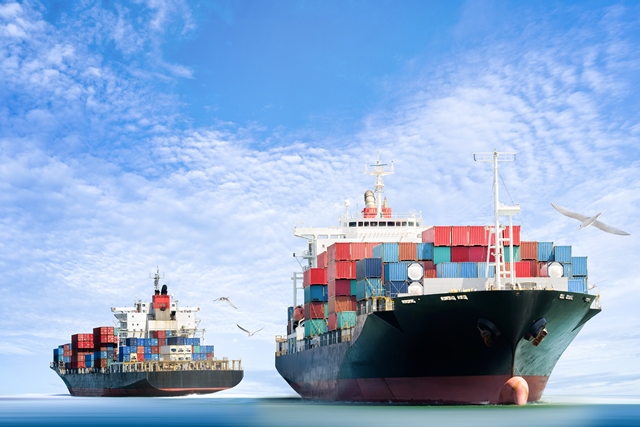
The maritime industry and ocean supply chain are dogged by costly inefficiencies due to ineffective data sharing and poor cross-industry collaboration, according to a report, Competitive Gain in the Ocean Supply Chain: Innovation That’s Driving Maritime Operational Transformation. “The industry has been far too slow to answer the digital age,” the report said, emphasizing that it needed to adopt new technology-driven models and processes.
In the study, 90% of participants said real-time data access and information sharing were important to increasing the efficiency and performance of the shipping industry—yet only 12% said their partners were effective in collaborating and sharing data. That’s a huge drag on global productivity, when it’s estimated that 90% of world trade is carried by ship. “The industry faces significant problems from inefficiencies due to aging technology infrastructure and business processes…” the report stated.
The study was produced by the Business Performance Innovation Network (BPI), a global executive network, in partnership with Cargotec companies Navis (a terminal operating system provider) and XVELA, which offers a cloud-based collaboration platform for ocean carriers and terminal operators. Surveying more than 200 maritime executives and professionals, the report found that 82% percent feel the level of connectedness and visibility needs to be improved. Some 57% said poor coordination between partners is the biggest challenge to the business; 37% cited inefficiencies within the supply chain as their paramount concern.
Agreement was universal on real-time access and sharing of information—99% feel this is important. Several key technologies will drive the transformation—53% of participants cited big data and analytics, while 39% highlighted new software management systems.
The study includes a number of executive perspectives. Jörn Springer, senior director of the fleet support center at Hapag-Lloyd, noted the promise of the Internet of Things, and the value that could be derived “if the box not only knows where it is and what type of box it is, but also what cargo it contains, and what mode of transportation it will use for the next stretch of its voyage. If it can then connect with other parts of the industrial internet, it opens many new opportunities that will change how we execute the supply chain.”
Springer was also keen on how data analytics might improve decision making. “The first step is to visualize the data in ways that change behavior. The next step is to run simulations on ‘what if’ scenarios to produce more and better options to optimize parts of the network.”
Rich Ceci, senior vice president, technology and projects at the Port of Virginia, highlighted big data, analytics, IoT, and cloud. “The more connected we are collectively, the more we know about what is happening in the world,” he said.
The endgame is resilience. “Digitalization is partly about preparing us to expect the unexpected,” said Springer. “We need to be quicker and more flexible when it comes to change because we don’t know what changes are ahead, we just know they are coming.”

